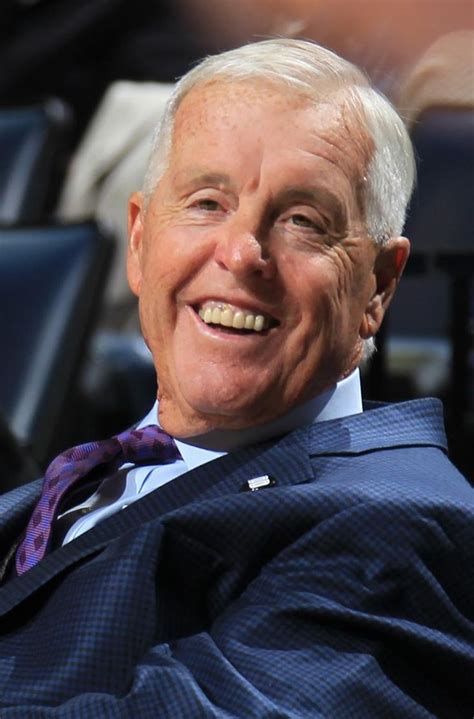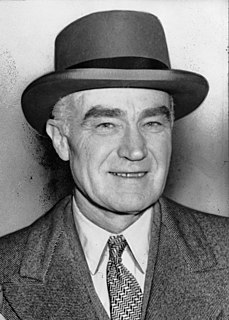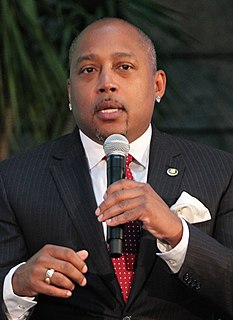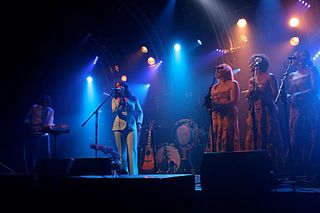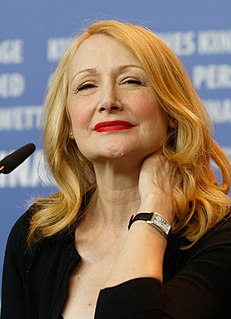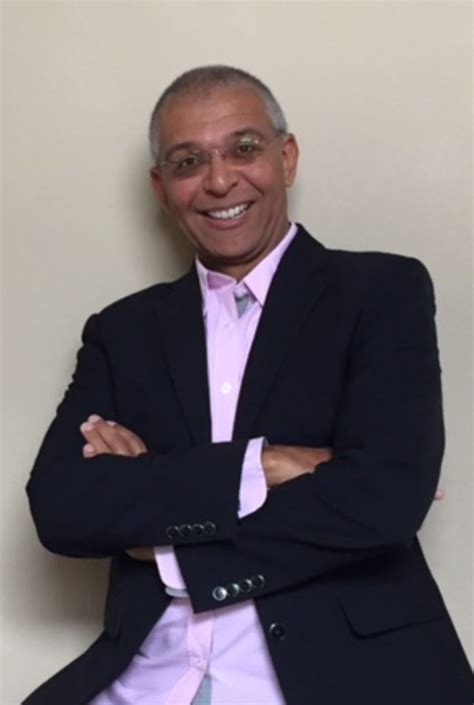A Quote by Michael Heisley
If you look at my business record, I basically love to do turn-arounds. That's where I made all of my money.
Related Quotes
The music business has made a 360. It's a whole 'nother game. It's not nearly what it was. And I fear for it, because, you know, with the advent of the computer and online and downloading and all these things, they have destroyed - that stuff has destroyed the record business, not the music business, but the record business. The music business is well, and it's alive and thriving. Now, I hope something happens to turn it back around to the point whereas it's - you're earning a living from writing your songs, from your work, you know, because it's not like that anymore.
In theory, when you're working with a record label, you're just borrowing their money. And that's basically how the record industry works, right? It's like, you borrow $100,000 from a record label, so you don't make any money until you make back that money for them. In theory, they have you held hostage, so you've got to do every little stupid thing that they want you to do.
I think bands will actually make more money without record companies; a much bigger share of the money will go to the bands. You won't have record shops taking 40 percent of the money. You won't have record labels taking 40 percent of the money. So they don't have to sell as many albums as they used to in the past. So it's not necessarily a bad thing if record companies disappear.
Everything is starting to make a little more sense to me now. I love the idea that, first of all when I made the record I don't look at the music by classifying it. People have a problem classifying me as pop, or rock, or folk, or alt. The beauty for me is that a thirteen year old girl can fall in love with the record and so can her mom. I tend to gravitate towards artists that are timeless and don't sound dated.
The Profit and Loss Statement tells you a lot about how your business is doing. It can also help you to determine ways that you can go about saving money so that you get to bring more money home! Basically, the P&L statement measures all of your income sources verses all your business expenses for any given period of time.
